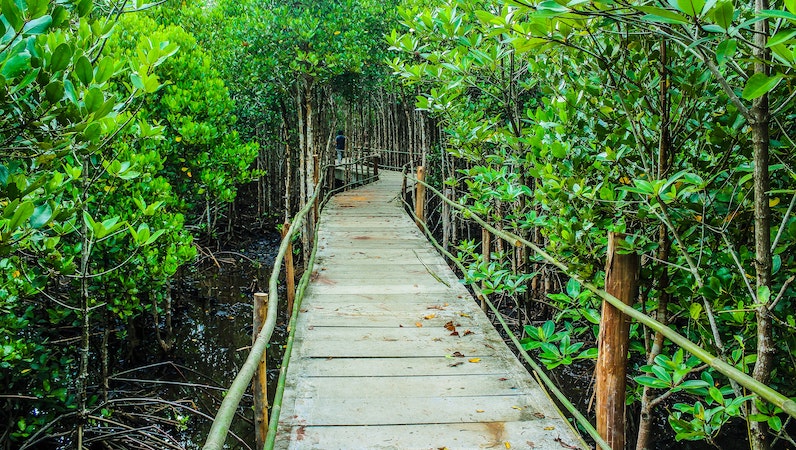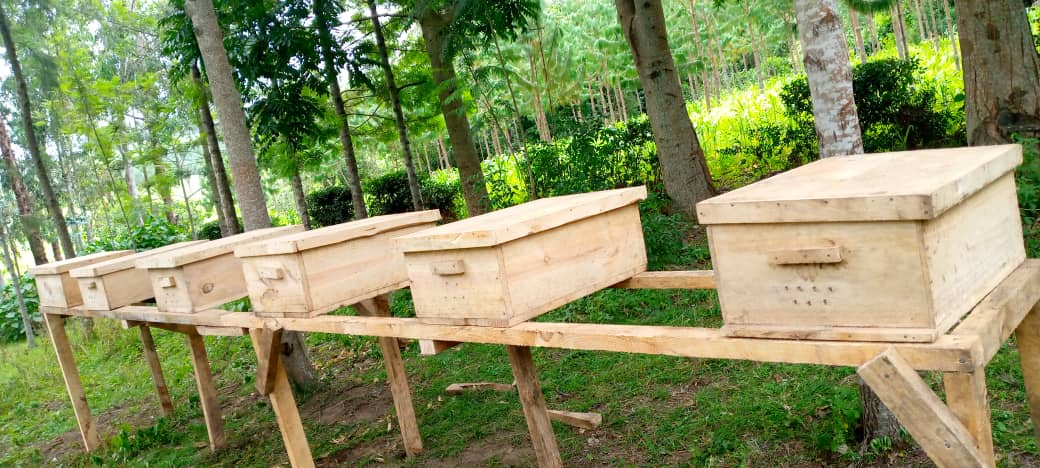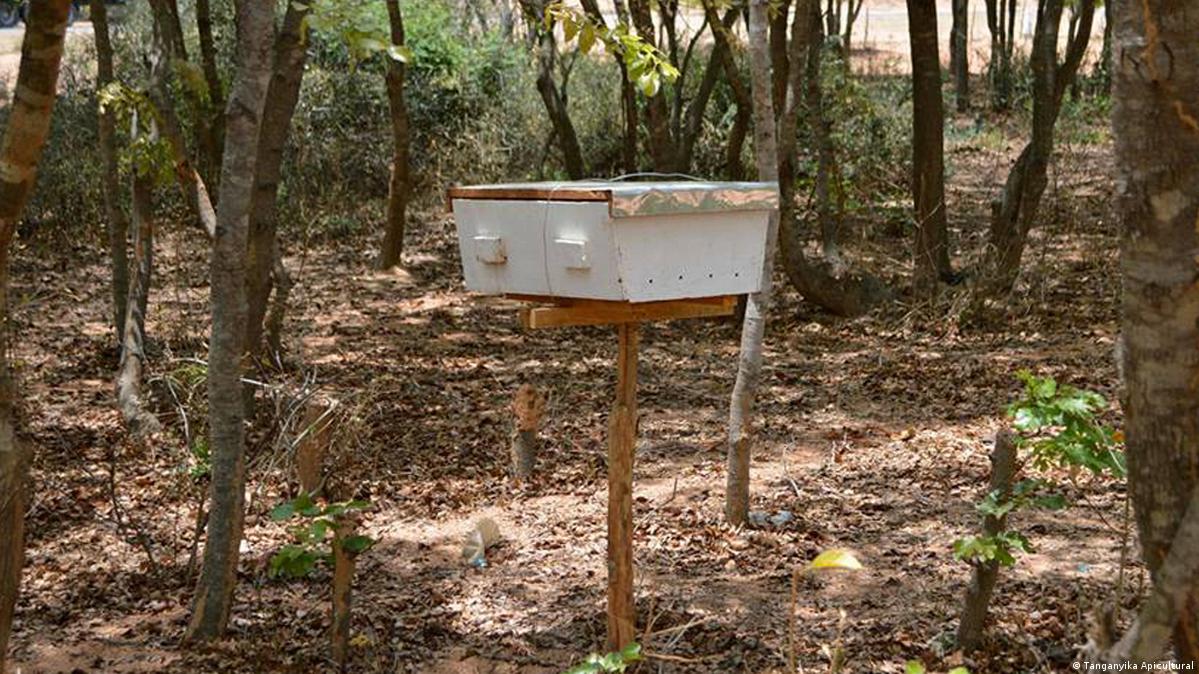Planting bamboo is a highly effective way to contribute to environmental preservation. Bamboo plays a crucial role in maintaining the balance of oxygen and carbon dioxide in the atmosphere. Compared to trees, a bamboo grove releases 35% more oxygen, making it an excellent choice for reducing carbon footprints and combating global warming.
Bamboo is a versatile ‘Green Solution,’ offering numerous benefits as a replacement for trees. With its short growth cycle and high carbon dioxide exchange rate, bamboo stands out as an ideal alternative. It belongs to the grass family, comprising 80 genera and over 1200 documented species. Mature bamboo groves produce new shoots annually, reaching full size within a few months. Some species can grow up to 47 inches in just 24 hours and reach over 100 feet in height within 60 days.
The rapid growth cycle of bamboo makes it a practical substitute for slow-growing forests that are gradually diminishing. Additionally, bamboo serves multiple purposes such as erosion control, screening out unsightly areas, and acting as a noise barrier. Contrary to misconceptions, bamboo does not pose a threat of overgrowth, as its historical presence spanning several thousand years indicates its ability to coexist without dominating other species.
Interesting Bamboo Facts
- Bamboos, belonging to the Bambusoideae subfamily, encompass a remarkable diversity of 1439 species within 116 genera. As one of the 12 subfamilies of the grass family (Poaceae), bamboos are unique in their ability to thrive in forests, making them an excellent choice for environmentally conscious individuals.
- Bamboo holds the title of the fastest-growing plant on Earth, with recorded growth rates reaching an astounding 47.6 inches within 24 hours. This rapid growth contributes significantly to the balance of oxygen and carbon dioxide in the atmosphere, as a bamboo grove releases 35% more oxygen than an equivalent stand of trees. Planting bamboo is therefore an effective strategy for reducing carbon footprints and combating global warming.
- Bamboo serves as a viable alternative to wood, with a harvest cycle of 3-5 years compared to 10-20 years for most softwoods. It outperforms pine in biomass production by a ratio of 6 to 1 and boasts a remarkable tensile strength of 28,000 psi, surpassing that of mild steel.
- Bamboo’s versatility extends beyond its use as a building material, as it excels in soil conservation by significantly reducing erosion rates through stem flow and canopy intercept, mitigating rain runoff and soil erosion.
- Moreover, bamboo offers a myriad of applications, including consumption of its new shoots, production of fiber for clothing, reinforcement in concrete, and as high-protein livestock feed (up to 22% protein content in foliage). Its adaptability to extreme conditions is exemplified by its ability to regenerate rapidly, as evidenced by its resilience in regreening after the atomic blast in Hiroshima in 1945.
In China alone, there are thousands of acres of bamboo, highlighting its significance throughout history in regions like China, Japan, and India. Bamboo’s versatility is showcased across various domains such as housing, food, medicine, landscaping, and furniture, with its use dating back over 3000 years in China. Notably, Thomas Edison utilized bamboo in the development of the light bulb, with the carbonized bamboo filament still operational and displayed at the Smithsonian in Washington D.C.
FBS Bamboo’s Nursery offers a dedicated and customer-centric approach to helping you find the ideal bamboo for your needs. With a specialization in over 30 species of bamboo, our commitment to this versatile plant is evident. As one of the few nurseries specializing in bamboo, we pride ourselves on being a leading nursery with a knowledgeable staff, ensuring that bamboo remains our primary focus. Choose FBS Bamboo’s Nursery as your trusted source for quality bamboo plants and expert guidance.




